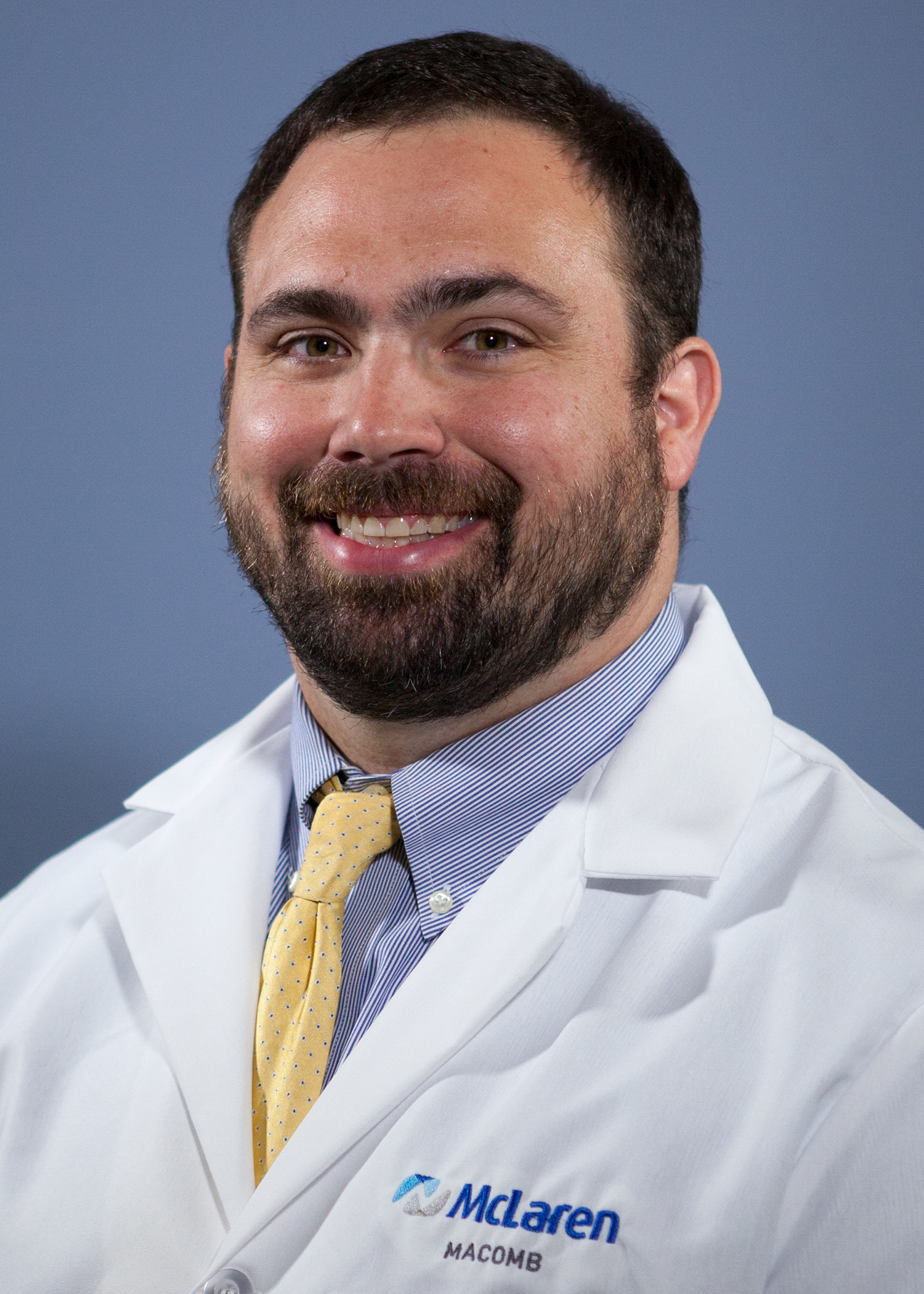Author: Leslie Toldo
More than 67 thousand Americans will learn they have head or neck cancer this year, according to the American Cancer Society’s latest estimates. Oropharyngeal cancers, which impact the voice box, throat, salivary glands, mouth, nasal cavity, and sinuses, can be especially devastating.
“Cancers in this area have a huge impact on our patients’ lives,” said Karmanos Cancer Institute at McLaren Flint Head and Neck Oncology Specialist Dr. Jeffrey Hotaling. “Activities like swallowing, speaking, tasting, smelling, and speaking that we do mindlessly all day are often affected.”
Many of these cancers are preventable, based on a few of the key risk factors.
“Smoking is a significant risk factor. That and other forms of tobacco use are, in fact, the biggest risk factors historically, although a lot of head and neck cancers are now related to the Human Papilloma Virus,” Dr. Hotaling said.
There is a vaccine available against the HPV (Human Papilloma Virus), which is sexually transmitted. When it comes to tobacco use, quitting is your best protection.
“If they are currently smoking, they should do everything possible to quit- patches, medication, counseling,” Dr. Hotaling said. “I tell patients that quitting smoking is the best thing that they can do for their overall health.”
While dentists can do some screening for oral cancers, if you are a current or former smoker, one of the best things you can do is remain vigilant and know your body.
“Look out for any new and persistent or progressive symptoms, including difficult or painful swallowing, voice changes, oral bleeding, difficulty breathing, or a neck mass,” Dr. Hotaling urges. “Any of these, particularly if they don’t resolve within a week or two and are progressive, warrant evaluation by your primary care doctor.”

Head and neck cancers account for only about four percent of cancer diagnosis, but a surprisingly high percentage of them are not caught until they are late stage. Cancer is much more survivable and treatable when it is caught early. However, treatment can come with risks.
“We treat structures like the tongue and throat that impact how we experience and interact with the world,” Dr. Hotaling stresses. “It can impact how those structures function. I tell patients that, as a surgeon, I always have two goals: to eradicate the cancer, so you never have to deal with it again, and to do everything possible to enable you to speak, eat, and drink after treatment.”
To get in contact with Dr. Hotaling or any of our cancer care specialists, visit karmanos.org/flintcancer.